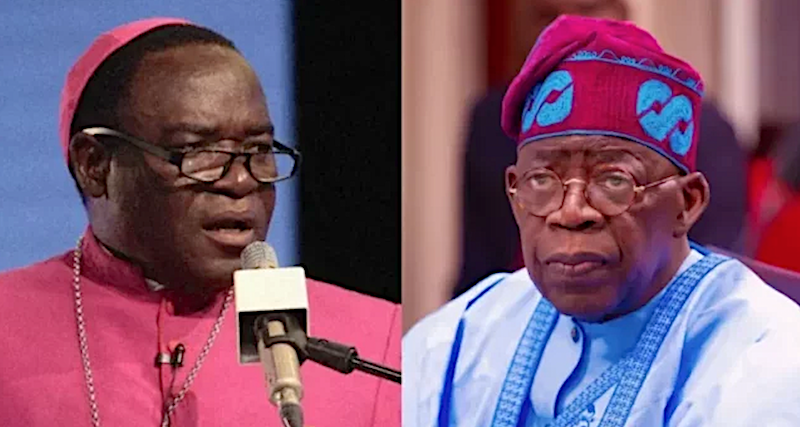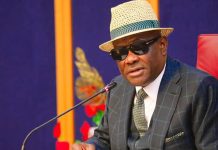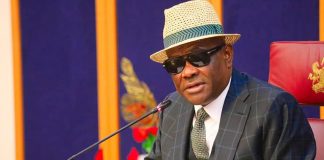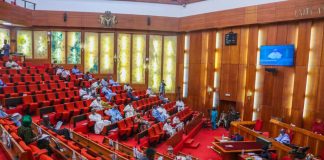🌿 Ruzu Non-Alcoholic Herbal Bitters
Ruzu Non-Alcoholic Herbal Bitters is a natural health supplement specially formulated to:
- ✅ Promote general wellness
- ✅ Detoxify the body
- ✅ Support the treatment of various ailments
Made from a powerful blend of 100% organic and medicinal herbs, Ruzu is completely alcohol-free, making it ideal for:
- 👪 All age groups
- 🌱 Health-conscious individuals
- 🌿 Anyone seeking non-alcoholic herbal remedies
Whether you're looking to boost your vitality, cleanse your system, or support healing the natural way, Ruzu Bitters offers a trusted herbal solution.
President Bola Tinubu has been urged to take legal action against the implementation of Sharia law by twelve northern states, citing it as unconstitutional and harmful to national unity by Matthew Hassan Kukah, the Catholic bishop of the Sokoto Diocese.
Speaking at the opening of the ACIN 2025 World Report on Religious Freedom in the World, “A Plea and Testimony from Nigeria,” Kukah claimed that the country’s use of Sharia law in a democratic context had increased religious extremism and violence.
Under the pretext of blasphemy laws, he claimed, “for years, state agents have watched as people took the law into their own hands, destroying churches and killing Christians, as well as innocent citizens of both faiths.” Islamist groups entered the fray in 2000 when twelve northern states made the questionable decision to implement Sharia law in a democracy, interpreting it as evidence of Islam’s ascendancy. Things have to change.
He called on President Tinubu to go to the courts and declare the implementation of Sharia law unlawful, arguing that this was a crucial step to stop the nation’s rising tendency of mob justice. Kukah mentioned the murders of Bridget Agbahime in Kano and Deborah Samuel in Sokoto as instances of how blasphemy laws are still being abused to kill innocent people.
He emphasized the need to enforce the secular state that the Constitution foresees.
Bishop Kukah also advised against labeling Nigeria a “country of concern” for religious freedom, stating that initiatives for peace and reform would be better served by constructive engagement rather than criticism, despite the country’s difficulties.
















